For LGBTQ+ travelers, finding destinations where you can be yourself isn't just about having a good time—it's about safety, dignity, and the freedom to experience the world without hiding who you are. While challenges remain in many parts of the world, an increasing number of countries are embracing inclusivity, enacting protective legislation, and fostering vibrant queer communities that welcome visitors with open arms.
Whether you're planning a romantic getaway, a solo adventure, or a group trip with friends, this guide highlights countries where LGBTQ+ travelers can experience both legal protection and cultural acceptance. From progressive legal frameworks to thriving queer neighborhoods and annual celebrations, these destinations offer not just tolerance, but genuine welcome.
What Makes a Country LGBTQ+ Friendly?

When evaluating how welcoming a destination is for LGBTQ+ travelers, several key factors come into play:
Legal Protections
- Marriage equality or civil union recognition
- Anti-discrimination laws covering sexual orientation and gender identity
- Legal gender recognition processes
- Equal adoption rights
- Hate crime legislation
Social Acceptance
- Visible and thriving LGBTQ+ communities
- Public support from government officials
- Positive media representation
- LGBTQ+ events and celebrations
- Acceptance of public displays of affection
While legal protections form the foundation of safety, social acceptance determines the quality of your experience. The most welcoming destinations excel in both areas, creating environments where LGBTQ+ travelers can fully enjoy their journey without constantly looking over their shoulders.
1. Canada: A Pioneer in LGBTQ+ Rights

Legal Status
Canada consistently ranks as one of the world's most LGBTQ+ friendly countries, with comprehensive protections in place. Same-sex marriage has been legal nationwide since 2005, and robust anti-discrimination laws protect LGBTQ+ individuals in employment, housing, and services. Canada also allows transgender people to change their legal gender without requiring surgery.
Popular Events
Toronto Pride is one of North America's largest Pride celebrations, drawing over 1 million attendees annually. Montreal's Fierté (Pride) festival and Vancouver Pride are also major events on the global LGBTQ+ calendar. During winter, Whistler Pride & Ski Festival offers a unique combination of winter sports and LGBTQ+ celebration.
Where to Go
Toronto's Church-Wellesley Village, Montreal's Le Village, and Vancouver's Davie Village are vibrant LGBTQ+ neighborhoods with numerous bars, restaurants, and shops. Even smaller cities like Halifax, Quebec City, and Victoria have welcoming queer scenes.
Safety Tip: While Canada is overwhelmingly LGBTQ+ friendly, rural areas may be more conservative. However, legal protections apply throughout the country, and violent incidents targeting LGBTQ+ people are rare.
2. Spain: Mediterranean Inclusivity

Legal Status
Spain has transformed from a once deeply conservative Catholic country to one of Europe's most progressive nations. Same-sex marriage and adoption have been legal since 2005, and the country has strong anti-discrimination protections. Spain also has some of the world's most progressive transgender rights, allowing legal gender changes without requiring surgery.
Popular Events
Madrid Pride (Orgullo) is Europe's largest Pride celebration, attracting around 2 million participants. Barcelona's Circuit Festival is one of the world's biggest LGBTQ+ circuit parties, while smaller cities like Valencia, Seville, and Bilbao also host vibrant Pride events.
Where to Go
Madrid's Chueca neighborhood is the heart of Spain's LGBTQ+ scene, while Barcelona's Eixample district (nicknamed "Gayxample") offers numerous queer venues. The coastal town of Sitges near Barcelona is a renowned LGBTQ+ beach destination, and Gran Canaria's Maspalomas is popular year-round thanks to its warm climate.
Cultural Tip: Spaniards typically dine late, with nightlife often not picking up until after midnight. Public displays of affection between same-sex couples are generally accepted in major cities and tourist areas.
3. New Zealand: Progressive Paradise

Legal Status
New Zealand has been at the forefront of LGBTQ+ rights in the Pacific region. Same-sex marriage has been legal since 2013, and comprehensive anti-discrimination laws protect LGBTQ+ individuals. The country also has progressive transgender rights policies and was the first country to have an openly transgender member of parliament, Georgina Beyer.
Popular Events
Auckland Pride Festival spans several weeks in February with numerous events throughout the city. The Big Gay Out in Auckland is a free community festival drawing thousands. Queenstown Winter Pride combines winter sports with LGBTQ+ celebration in the stunning Southern Alps.
Where to Go
Auckland and Wellington have the most established LGBTQ+ scenes, with venues like Family Bar and Eagle Bar in Auckland and S&M and Ivy Bar in Wellington. While there aren't dedicated "gay neighborhoods" as in some countries, these cities have numerous LGBTQ+-owned businesses and welcoming venues.
Travel Tip: New Zealand's small population means its LGBTQ+ scene is more intimate than in larger countries. The country's natural beauty is a major draw, and outdoor adventure activities are popular among LGBTQ+ travelers.
4. Netherlands: Pioneering LGBTQ+ Rights

Legal Status
The Netherlands made history in 2001 as the first country in the world to legalize same-sex marriage. Dutch law provides comprehensive protections against discrimination, and the country has progressive policies regarding transgender rights. This long-standing legal framework has fostered generations of social acceptance.
Popular Events
Amsterdam Pride's Canal Parade is unique, with decorated boats floating through the city's historic canals. The event draws around 500,000 spectators annually. Rotterdam Pride and Utrecht Pride offer alternatives with their own distinct character.
Where to Go
Amsterdam's Reguliersdwarsstraat is the traditional center of the city's LGBTQ+ scene, though venues are spread throughout the city. The Homomonument, the world's first memorial to LGBTQ+ people persecuted for their sexuality, is worth visiting. In Rotterdam, the area around Churchillplein has several LGBTQ+ venues.
Cultural Tip: Dutch culture values directness and equality. Public displays of affection between same-sex couples are widely accepted, especially in urban areas. The country's compact size makes it easy to explore multiple cities during your visit.
5. Australia: Sunshine and Equality

Legal Status
Australia legalized same-sex marriage in 2017 following a national postal survey that showed strong public support. The country has robust anti-discrimination protections at both federal and state levels. Transgender rights vary somewhat by state, but the overall legal framework is supportive.
Popular Events
Sydney's Mardi Gras is one of the world's most famous LGBTQ+ celebrations, featuring a spectacular parade and weeks of events. Melbourne's Midsumma Festival, Brisbane Pride, and Perth's PrideFEST are also significant celebrations that showcase Australia's diverse LGBTQ+ communities.
Where to Go
Sydney's Darlinghurst (particularly Oxford Street) has historically been the center of LGBTQ+ culture, while Melbourne's Fitzroy and Collingwood areas have many queer-friendly venues. Brisbane's Fortitude Valley and Perth's Northbridge also have vibrant scenes. For beaches, Sydney's North Bondi and Tamarama are popular with LGBTQ+ beachgoers.
Safety Tip: While major cities are very LGBTQ+ friendly, attitudes in rural areas can be more conservative. However, legal protections apply nationwide, and Australia generally has a relaxed, live-and-let-live culture.
6. Iceland: Nordic Equality

Legal Status
Iceland has some of the world's most progressive LGBTQ+ rights. Same-sex marriage has been legal since 2010, and the country has comprehensive anti-discrimination protections. Iceland also has progressive gender identity laws and was the first country to have an openly lesbian head of government, Jóhanna Sigurðardóttir, who served as Prime Minister from 2009 to 2013.
Popular Events
Reykjavik Pride is held annually in August and draws around 100,000 participants—remarkable considering Iceland's total population is only about 370,000. Rainbow Reykjavik is a winter Pride event that combines LGBTQ+ celebration with northern lights viewing and winter activities.
Where to Go
Reykjavik is the center of Iceland's LGBTQ+ scene, with venues like Kiki Queer Bar and Pink Iceland, a queer-owned travel company that offers LGBTQ+-focused tours. While Iceland doesn't have dedicated "gay neighborhoods," its small size and progressive culture mean that most places are welcoming to LGBTQ+ visitors.
Travel Tip: Iceland's stunning natural landscapes are a major draw. Consider booking with LGBTQ+-owned tour companies like Pink Iceland to combine adventure tourism with queer community connections.
7. Portugal: Southern European Welcome

Legal Status
Portugal has made remarkable progress in LGBTQ+ rights since the early 2000s. Same-sex marriage has been legal since 2010, and the country has strong anti-discrimination laws. Portugal also has progressive gender identity legislation, allowing legal gender changes without requiring surgery or medical diagnosis.
Popular Events
Lisbon Pride (Arraial Lisboa Pride) and Porto Pride are the country's largest LGBTQ+ celebrations. Lisbon also hosts the Queer Lisboa International Film Festival, one of Europe's premier LGBTQ+ film festivals.
Where to Go
Lisbon's Príncipe Real neighborhood is the heart of the city's LGBTQ+ scene, with numerous bars and clubs. The nearby Bairro Alto area is also popular for nightlife. In Porto, the area around Rua de Santa Catarina has several LGBTQ+ venues. The Algarve region, particularly Faro and Lagos, is popular with LGBTQ+ tourists seeking beach destinations.
Cultural Tip: Portuguese culture values politeness and discretion. While major cities are very LGBTQ+ friendly, public displays of affection may attract attention in more rural areas. Portugal's affordability compared to other Western European destinations makes it attractive for longer stays.
8. Thailand: The "Land of Smiles" Welcomes All

Legal Status
Thailand made history in 2024 as the first Southeast Asian nation to legalize same-sex marriage, marking a significant milestone for LGBTQ+ rights in the region. The country has a relatively progressive stance on LGBTQ+ issues compared to its neighbors, though some legal protections remain limited. Thai culture has traditionally recognized gender diversity, including a "third gender" known as kathoey.
Popular Events
Bangkok Pride has been revived in recent years after a hiatus, and the annual Songkran (Thai New Year) celebrations in April double as massive LGBTQ+ parties, particularly in Bangkok. The gCircuit parties during Songkran are among Asia's largest LGBTQ+ circuit events.
Where to Go
Bangkok's Silom Soi 2 and Soi 4 areas form the heart of the city's LGBTQ+ nightlife, with numerous bars and clubs. Phuket, particularly the Paradise Complex in Patong Beach, is another popular destination. Chiang Mai in the north also has a small but vibrant LGBTQ+ scene centered around the Night Bazaar area.
Cultural Tip: Thai culture values respect and non-confrontation. While generally accepting of LGBTQ+ people, public displays of affection (for any couple) are less common than in Western countries. Learning a few basic Thai phrases is appreciated and can enhance your experience.
9. Argentina: Latin American Pioneer

Legal Status
Argentina was the first Latin American country to legalize same-sex marriage in 2010, and it has some of the world's most progressive transgender rights laws. The 2012 Gender Identity Law allows people to change their legal gender without requiring surgery, psychiatric diagnosis, or judicial approval—a groundbreaking approach globally.
Popular Events
Buenos Aires Pride (Marcha del Orgullo) takes place in November, drawing large crowds to the capital. The city also hosts the International Queer Tango Festival, celebrating the LGBTQ+ connection to Argentina's iconic dance.
Where to Go
Buenos Aires' Palermo and San Telmo neighborhoods have numerous LGBTQ+ venues. The city's queer tango scene is unique, with milongas (tango halls) like La Marshall and Tango Queer offering same-sex tango. Rosario and Córdoba also have small but active LGBTQ+ communities.
Travel Tip: Argentinians typically dine late, with dinner often starting after 9 PM and nightlife continuing until dawn. While Buenos Aires is very LGBTQ+ friendly, attitudes in smaller towns and rural areas may be more conservative.
10. Taiwan: Asia's Progressive Leader

Legal Status
Taiwan made history in 2019 as the first place in Asia to legalize same-sex marriage. The island has strong anti-discrimination protections in employment and education, though some legal gaps remain. Taiwan's progressive stance on LGBTQ+ rights stands in contrast to many of its Asian neighbors.
Popular Events
Taipei Pride is the largest LGBTQ+ event in Asia, drawing participants from across the region. Held in October, it features a massive parade through the city center and numerous parties and events. The Taiwan International Queer Film Festival showcases LGBTQ+ cinema from around the world.
Where to Go
Taipei's Ximen Red House area is the center of the city's LGBTQ+ scene, with numerous bars clustered around the historic Red House Theater. The Zhongzheng District also has several LGBTQ+ venues. Kaohsiung in southern Taiwan has a smaller but growing LGBTQ+ community.
Cultural Tip: While Taipei is very LGBTQ+ friendly, public displays of affection are generally more restrained in Taiwanese culture. Learning a few basic Mandarin phrases is appreciated, though many people in Taipei speak some English.
11. South Africa: African Equality Pioneer

Legal Status
South Africa stands out on the African continent for its progressive LGBTQ+ rights. The country's post-apartheid constitution was the first in the world to explicitly prohibit discrimination based on sexual orientation. Same-sex marriage has been legal since 2006, and anti-discrimination protections are comprehensive.
Popular Events
Cape Town Pride in February/March and Johannesburg Pride in October are the country's largest LGBTQ+ celebrations. Cape Town's Mother City Queer Project (MCQP) is a massive themed costume party held annually in December.
Where to Go
Cape Town's De Waterkant neighborhood is the heart of the city's LGBTQ+ scene, with numerous bars, clubs, and restaurants. In Johannesburg, the Melville and Rosebank areas have several LGBTQ+ venues. Cape Town's Clifton 3rd Beach is popular with LGBTQ+ beachgoers.
Safety Tip: While South Africa has progressive laws, social attitudes vary widely. Major cities are generally LGBTQ+ friendly, but caution is advised in townships and rural areas. General safety precautions are important as South Africa has high crime rates in certain areas.
Essential Travel Tips for LGBTQ+ Travelers

Before You Go
- Research local laws and customs - Even in LGBTQ+ friendly countries, acceptance may vary between urban and rural areas.
- Check government travel advisories - Sites like the U.S. State Department and UK Foreign Office offer LGBTQ+-specific travel information.
- Book LGBTQ+ friendly accommodations - Platforms like misterb&b and Purple Roofs specialize in LGBTQ+ friendly lodging.
- Consider travel insurance - Ensure your policy covers same-sex partners and any potential medical needs.
- Join LGBTQ+ travel groups - Organizations like the International LGBTQ+ Travel Association (IGLTA) offer resources and community connections.
While Traveling
- Respect local customs - Even in LGBTQ+ friendly countries, cultural norms around public displays of affection may differ.
- Connect with local communities - LGBTQ+ centers and organizations can provide up-to-date information and social connections.
- Use LGBTQ+ travel apps - GayCities, Scruff, and Lex can help locate LGBTQ+ venues and events.
- Carry digital and physical copies of important documents, especially if traveling with a same-sex spouse or partner.
- Trust your instincts - If a situation feels uncomfortable or unsafe, remove yourself.
Ready to explore these welcoming destinations?
Start planning your LGBTQ+ friendly journey today with resources from the International LGBTQ+ Travel Association.
Explore IGLTA ResourcesEmbrace the World as Your Authentic Self
The growing number of LGBTQ+ friendly travel countries represents significant progress toward a more inclusive world. From Canada's comprehensive legal protections to Thailand's cultural acceptance, these destinations offer LGBTQ+ travelers the opportunity to explore, connect, and celebrate without compromising their identity.
Remember that even within these welcoming countries, experiences may vary based on location, individual interactions, and current events. Thorough research, community connections, and common-sense precautions will help ensure your journey is as rewarding as it is safe.
As you plan your next adventure, consider these destinations where your identity isn't just tolerated but celebrated. The world is opening its arms to LGBTQ+ travelers—embrace the invitation and explore with pride, confidence, and joy.
"Travel is fatal to prejudice, bigotry, and narrow-mindedness." — Mark Twain



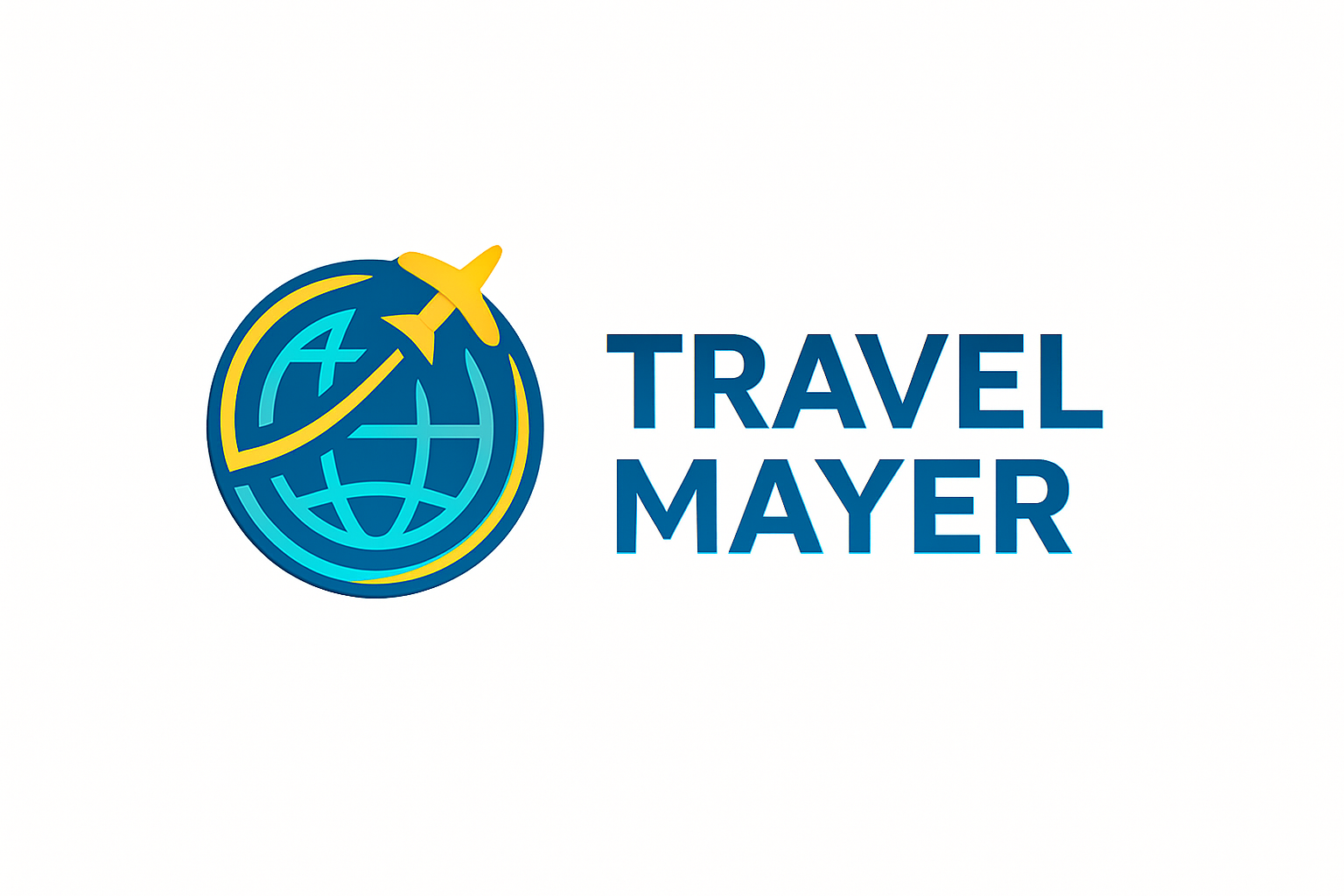
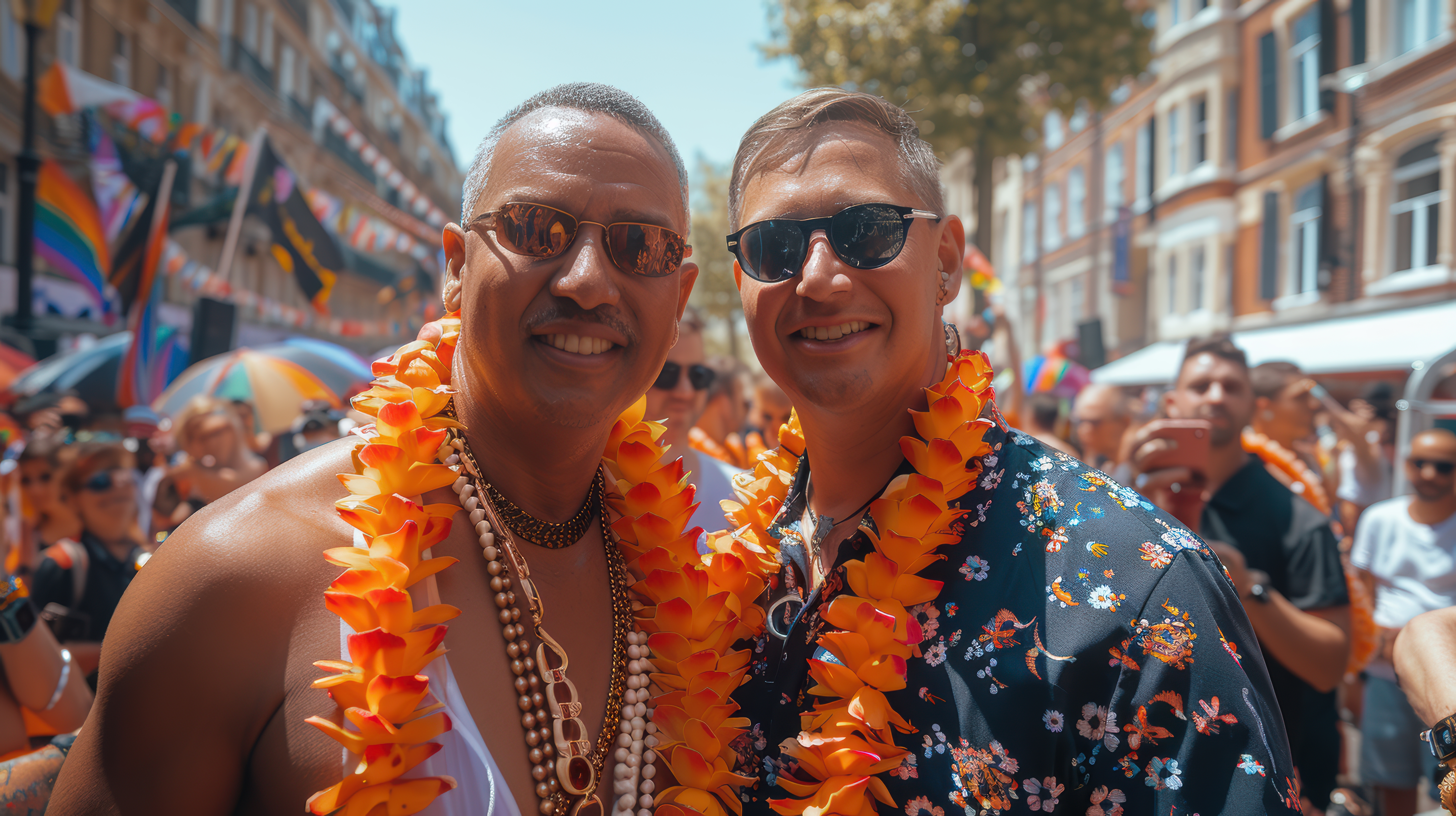
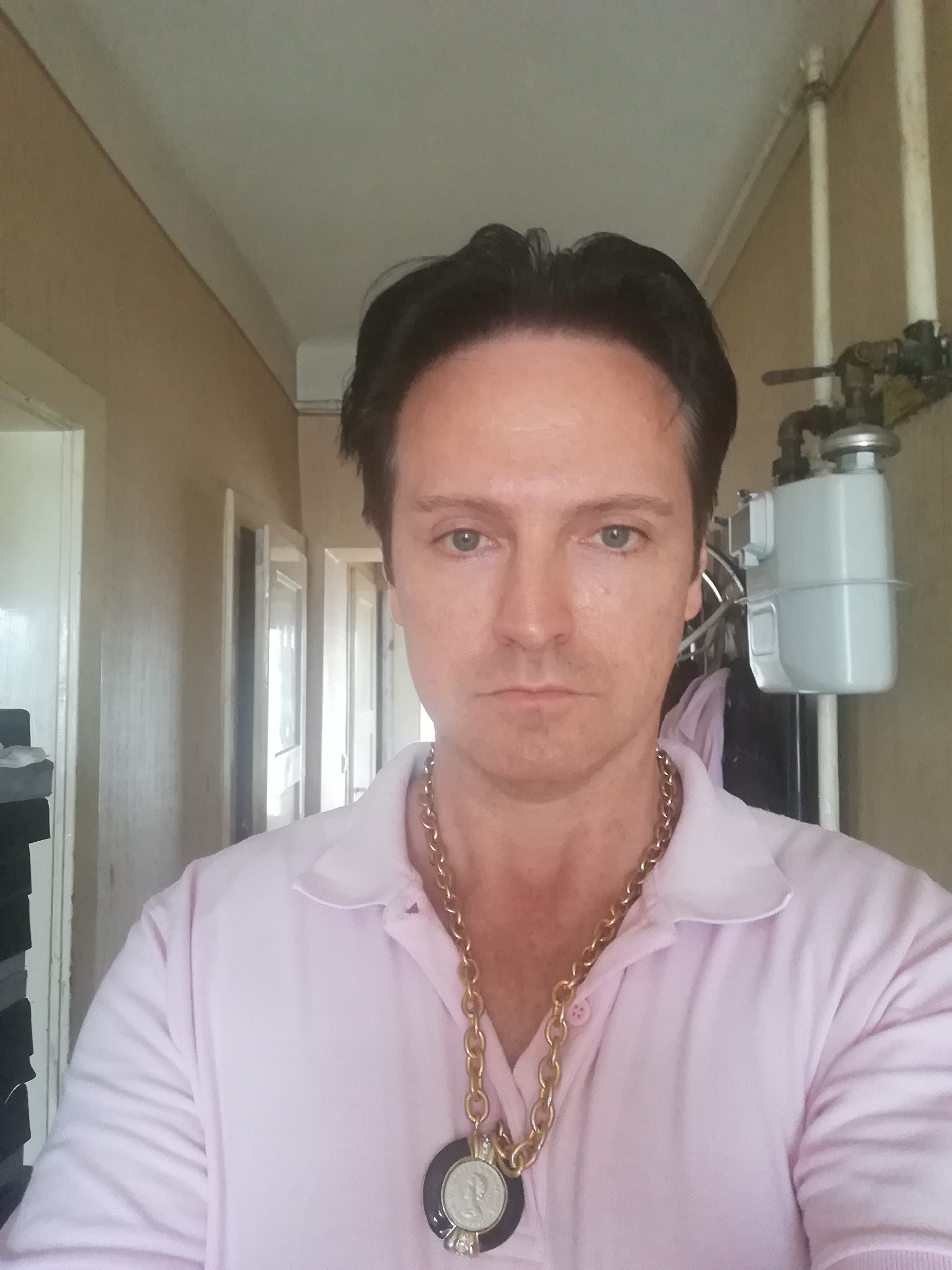
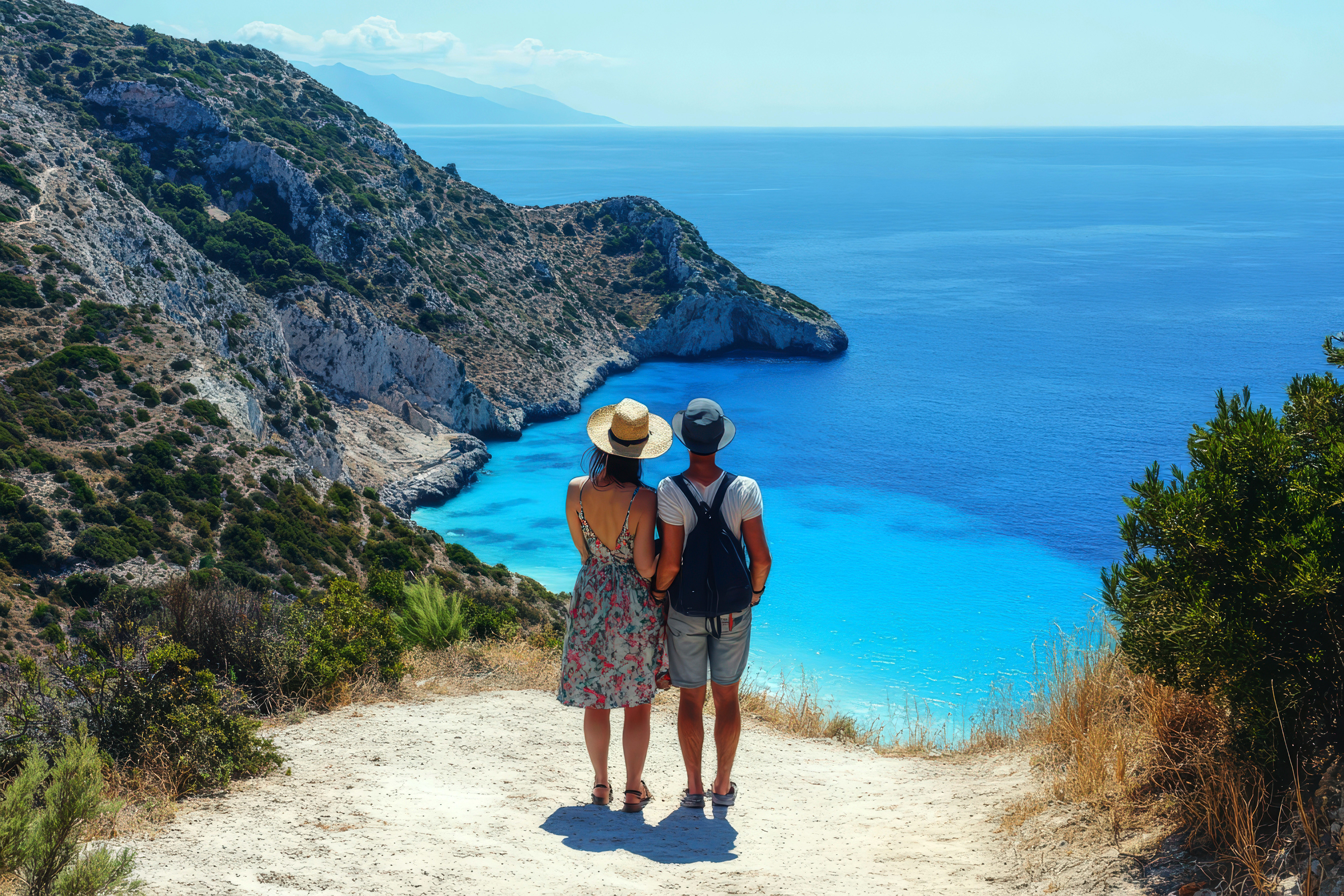

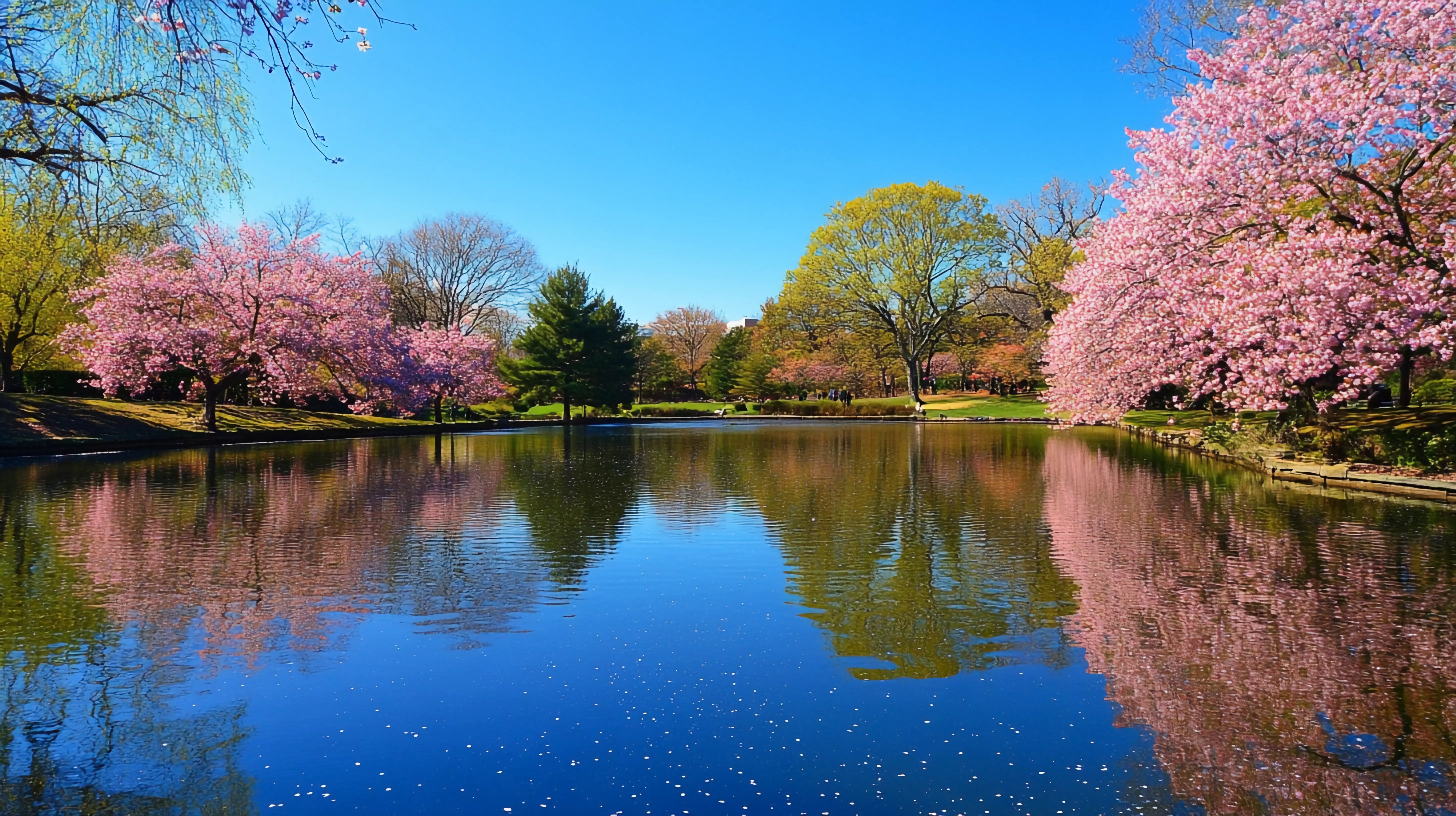
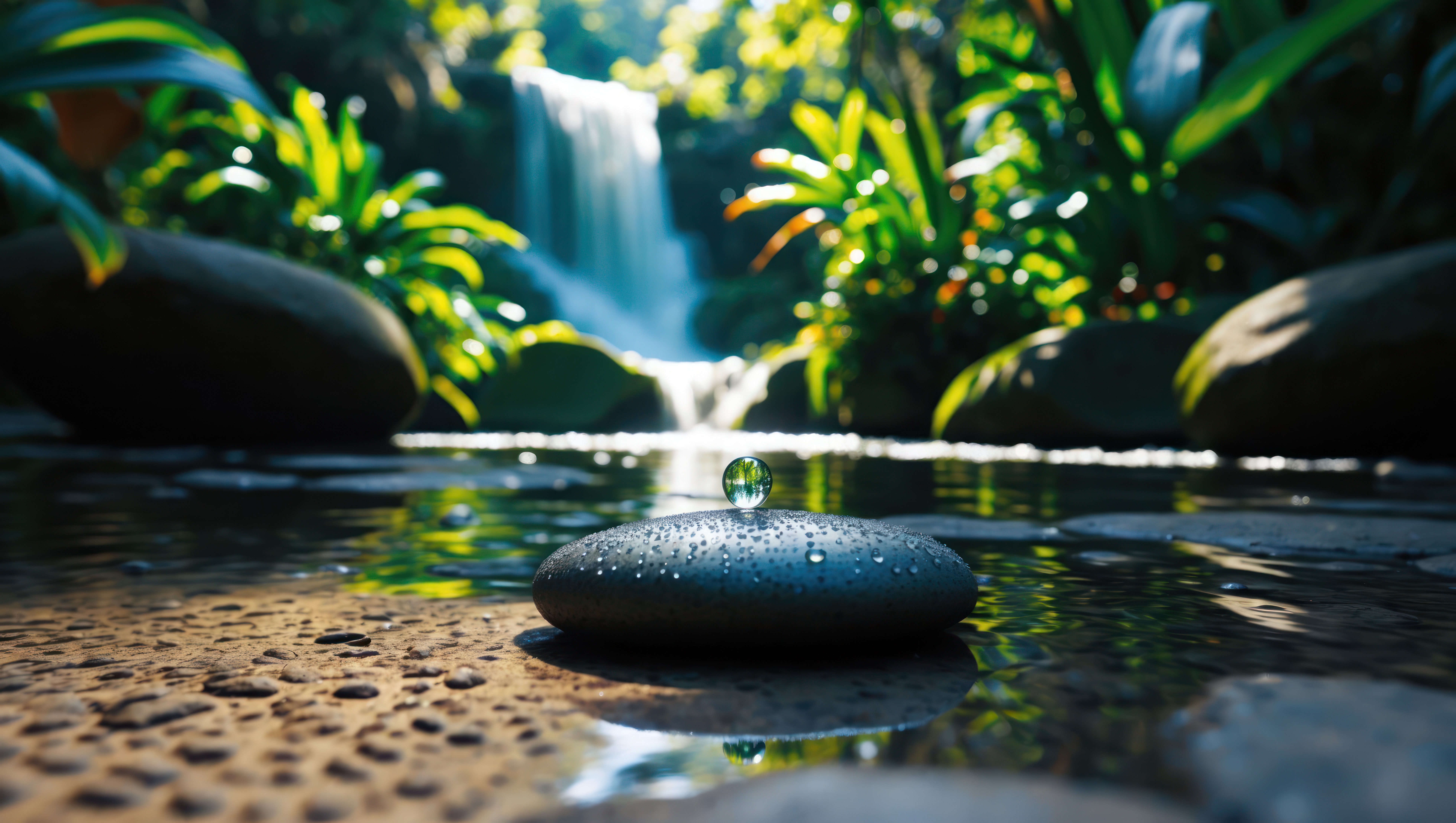
Comment (0)
Leave A Comment: